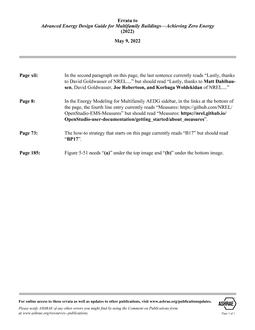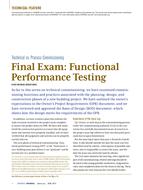Several authors report the accuracy of the ASHRAE zone method of R-value calculation of metal frame walls as unsatisfactory. A series of more than 1,000 two-dimensional computer simulations were conducted for several metal frame wall configurations. Several wall design parameters, such as stud spacing, stud (depth) size, stud flange size, stud metal thickness, thermal resistance of cavity insulation, and thermal resistance of exterior sheathing, were considered during modelling. This allowed the influence of each above-mentioned designing parameter on metal frame wall thermal performance to be assessed, Wall R-values calculated by the ASHRAE zone method were compared with the results of the computer simulation. The comparisons showed that the differences in the normal calculations are caused by the metal stud zone area estimation. Based on results of finite-difference thermal modelling and regression analysis, a new, more precise technique of estimating zones of thermal anomalies caused by metal studs for metal frame walls was developed. The effects of several wall design parameters were calculated. An improved method of R-value predictions for metal frame walls is proposed.
KEYWORDS: year 1995, thermal resistance, calculating, walls, buildings, heat flow, accuracy, thermal insulation, metals, steel
Citation: Symposium, ASHRAE Trans. 1995, Vol.101, Part 2
Product Details
- Published:
- 1995
- File Size:
- 1 file , 1.2 MB
- Product Code(s):
- D-17164


